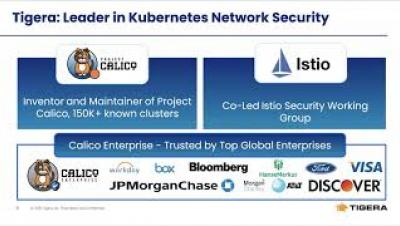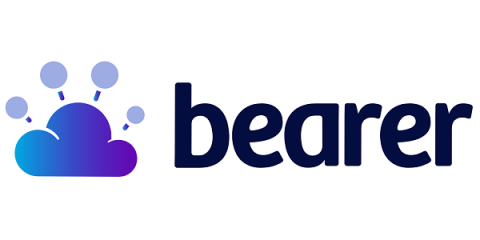South Africa's GDPR: The POPI Act and it's impact on Desktop Central users
The Protection of Personal Information (POPI) Act puts South Africa’s data regulation standards on par with existing data protection laws around the world. It aims to protect personally identifiable information (PII), enforce individuals’ rights to privacy, and provide guidelines for lawfully processing sensitive information and notifying regulators and data holders in the event of a breach.










